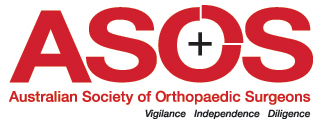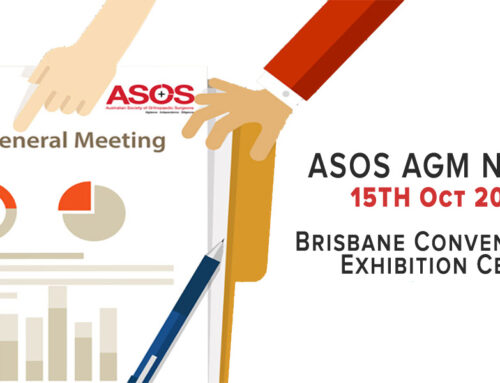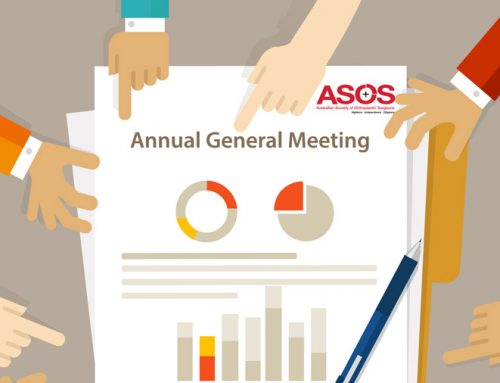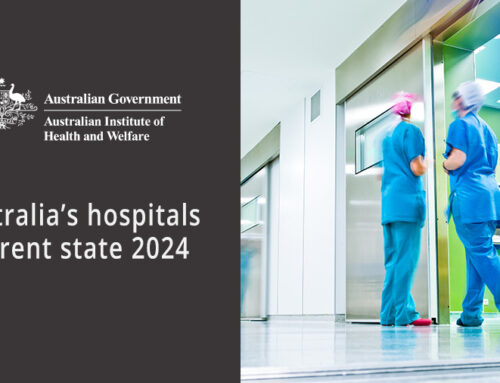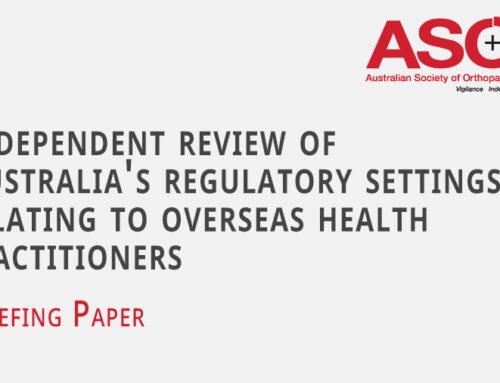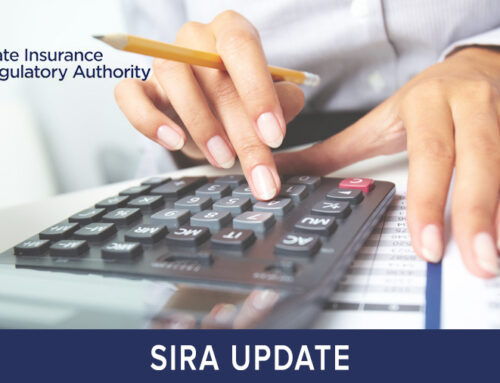“Allowing overseas trained doctors who accept Area of Need appointments to have a standard less than Australian Medical Graduates is putting Australians and Australian medical standards last,” Chairman of the Australian Society of Orthopaedic Surgeons (ASOS), Dr John Harrison said today.
The same standards should be expected and demonstrated by any overseas trained doctor who desires to practise or is recruited to practise in and on Australians as are demanded of Australian graduates who are responsible for the medical care of the Australian community.
“Traditionally, overseas trained medical graduates whose qualifications were not recognised were assessed by an examination conducted by the Australian Medical Council and were not allowed to practise without passing that exam. There are many excellent doctors in the Australian workforce who went through that process.”
A programme known as “Area of Need” has allowed many overseas trained doctors to practise medicine without having to pass an exam. These doctors simply have to satisfy a prospective employer and they can start work. The relevant Medical Board will rubber stamp their application leaving their employer responsible for their standard of work. Undoubtedly there are doctors on Area of Need Programmes who are capable of meeting Australia’s own standard. But unless tested, the Australian public won’t be reassured.
In response to the medical indemnity crisis a substantial quality and safety industry has been set up and funded. This includes The Australian Council for Safety and Quality in Health Care, commonly known as the Barraclough Safety Committee.
There is no greater priority for the Barraclough Safety Committee than to examine all aspects of the Area of Need Programme.
Sadly, many in government and their advisors believe that “any doctor is better than none” and “anyone who questions bureaucratic interference and pressure in the selection of doctors is “running a closed shop”.
Traditional safeguards have been eroded or discarded. There are now government bureaucracies devoting a considerable amount of their time pressuring medical colleges to conform to political agendas.
“This attitude will be costly for many Australian patients,” Dr Harrison said. He called on the Barraclough Safety Committee to urgently do its job and look into this developing scandal.
